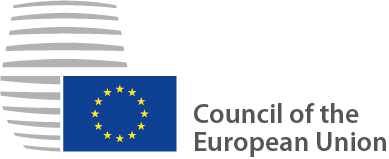
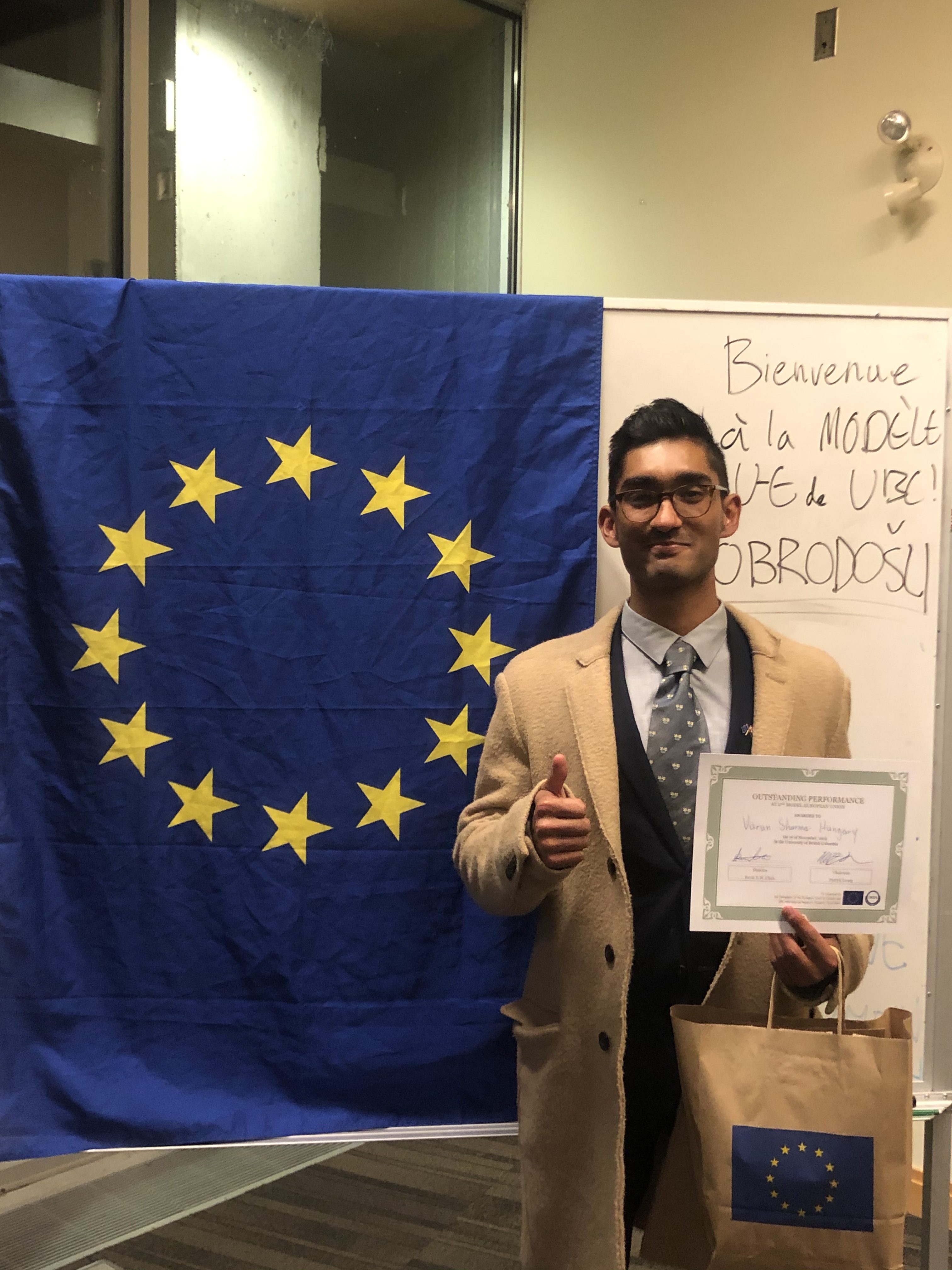
The Council of the European Union or Model EU II was a brief but fantastic event. It was a face-paced debate, intense competition, and I represented a very difficult country. Essentially, this committee simulates the Council of the European Union. This Council is the executive branch of the EU that works in tandem with the EU parliament. Each Member State of the EU is represented by its affiliate executive government National Minister.
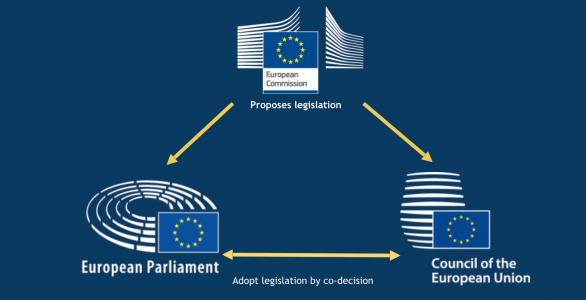
The topic which we researched and debated on were: Chinese Economic Influence, and European Arms Exports. The Council drafted, and amended legislation from the EU Commission, and we were able to pass both bills into law. The process was a difficult one. Hungary is considered to be a rogue state actor within the EU due to highly controversial domestic policies conducted by Prime Minister Viktor Orban and his Fidesz Party which has been placed on suspension with the EEP (The largest EU parliament party).
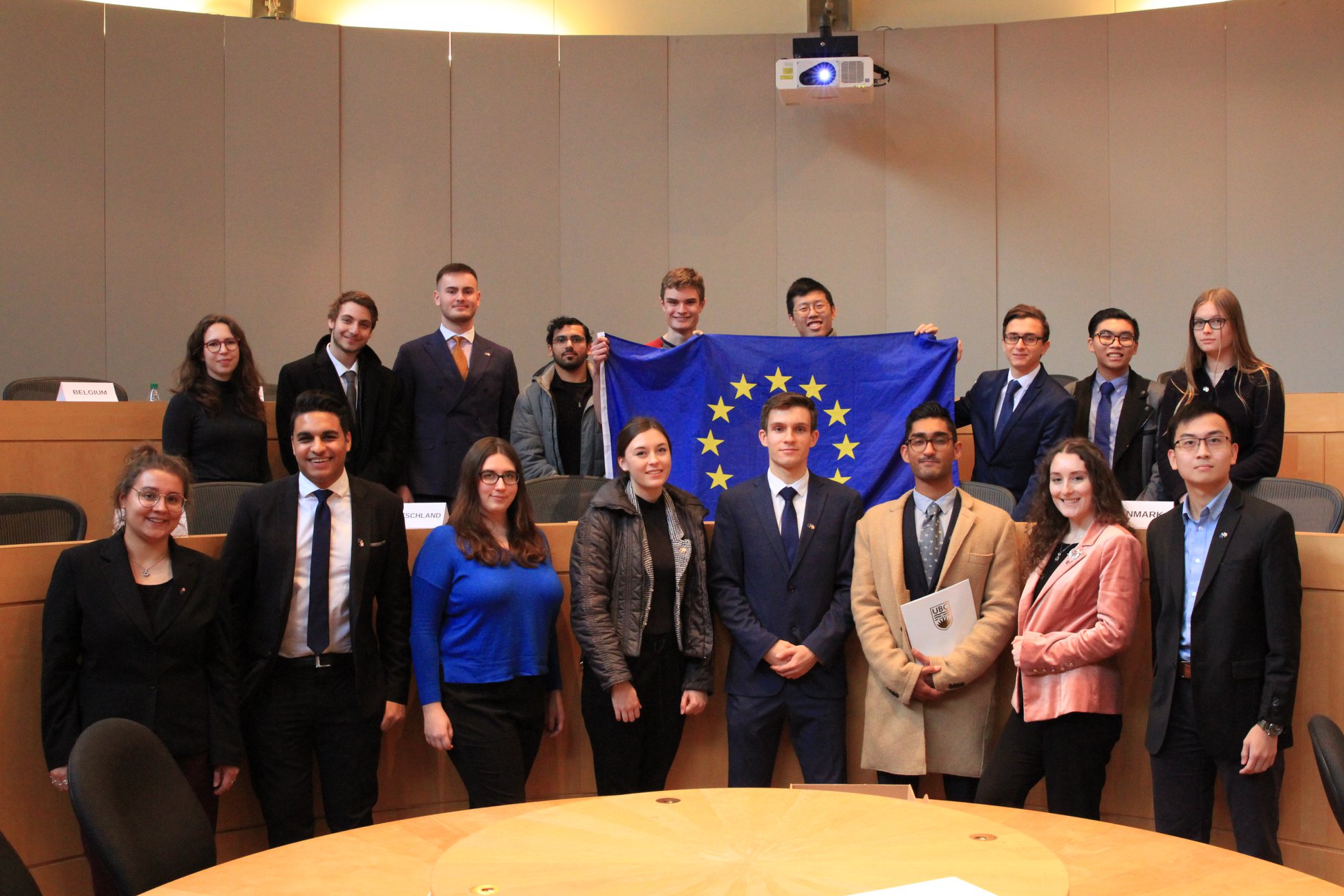
As the Nation Minister of Hungary within the Council, I made several controversial speeches that resulted in other members being highly resistant to our proposed policies and amendments which emphasized sovereignty, self-determination, security, and preserving the pan-European Identity. This translated into the freedom of Chinese FDI, and the ability for major EU arms exporters to continue to sell arms to states like Saudi Arabia, UAE, Jordan, Egypt, Qatar, among others.
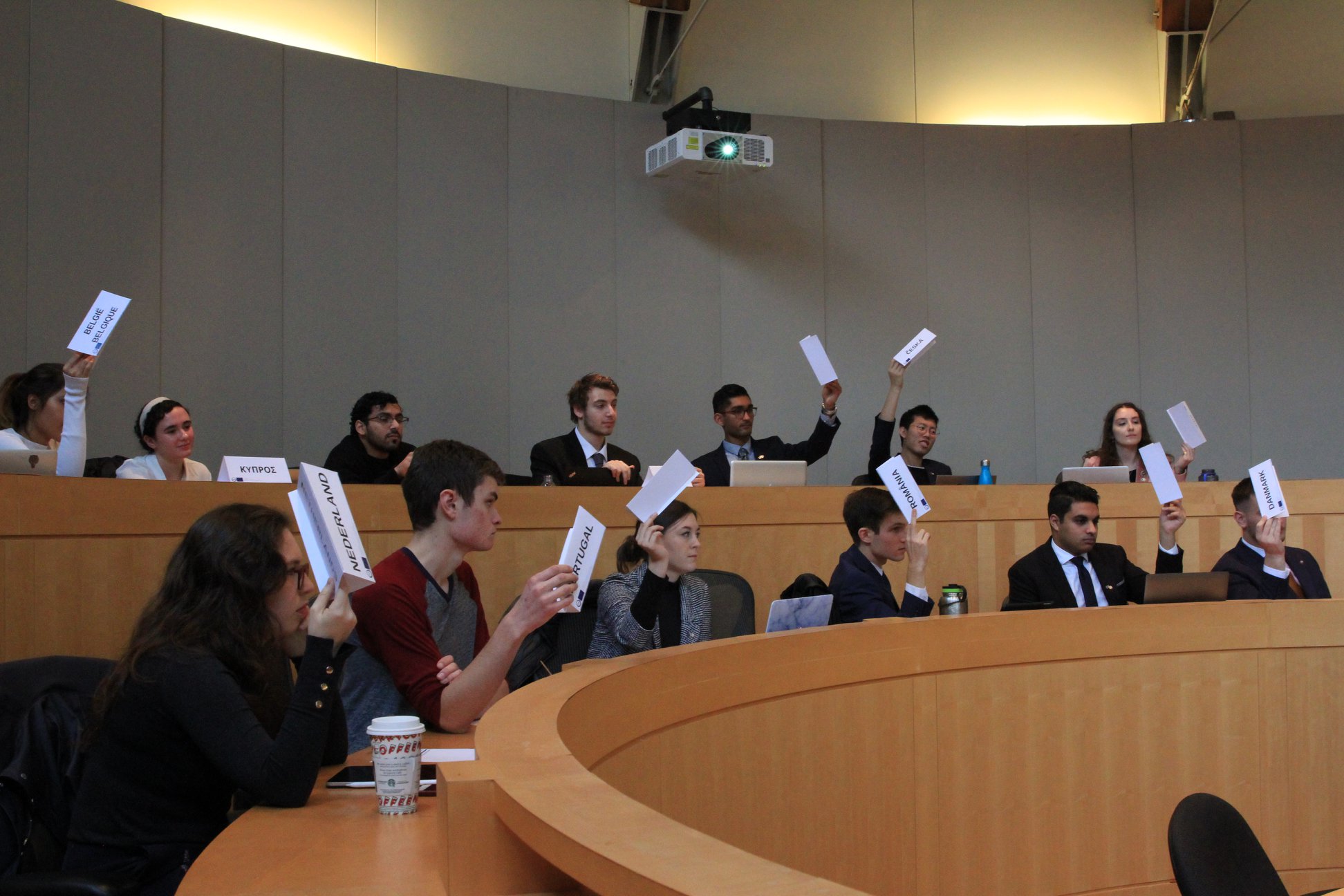
After intense moments in the chamber and passion speeches about values, the Council was able to come to a compromise and we were able to pass bills into law for both topics.
I was honoured by the Council of the European Union, the President, and the Chair to receive a top award for my efforts. As the National Minister of Hungary, I received the Outstanding Performance Award.
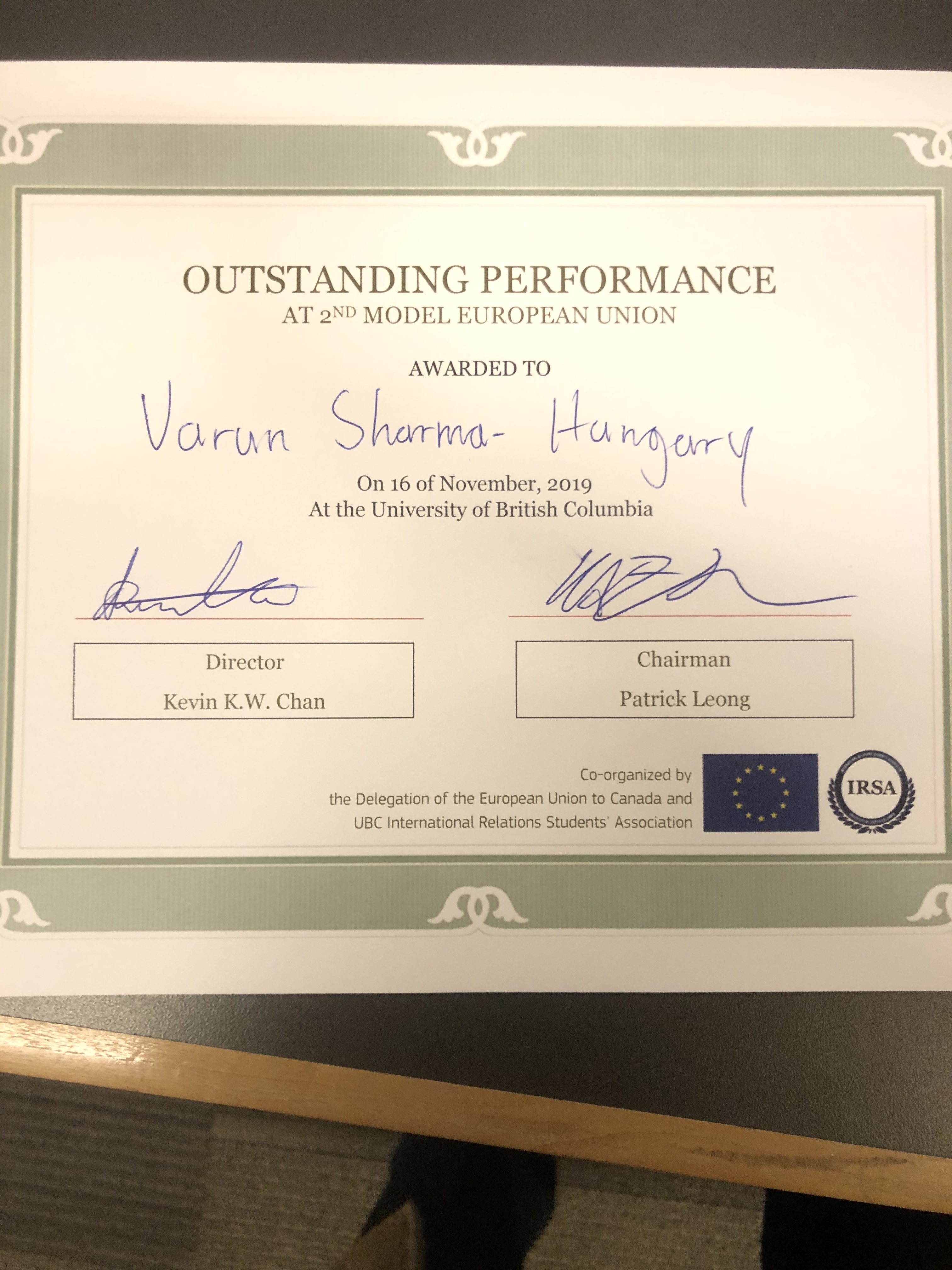

Firstly I learned about how one of the seven institutions of the European Union works on a deep level. The EU is really a marvelous institution that was built after 2 world wars had decimated Europe. It is now a true beacon of excellence for supranational institutions.
Secondly, I learned how to better cooperate with others when cooperation doesn't seem possible. What I learned was that where you can't make compromises, choose to cooperate on issues where you and other parties can cooperate on. Don't focus on parts of issues where your non-starter issues exist. Perhaps easier said than done and self-evident but it was a valuable learning lesson for myself. Representing an increasingly authoritarian country in a highly progressive institution taught me that. I'd imagine this lesson will be useful for future conflict resolutions.